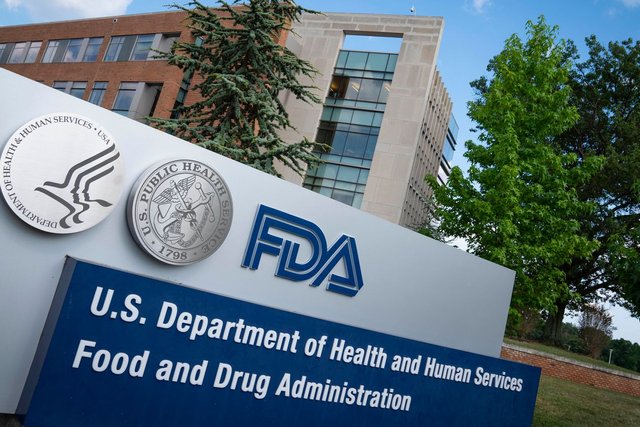FDA approved the first major Alzheimer’s treatment in 18 years — what that means for your loved ones fighting the disease - MarketWatch
( June 7, 2021; MarketWatch )
“Alzheimer’s is one of the most incredibly difficult diseases that we know of,” said Charbel Moussa, associate professor of neurology and head of the laboratory for dementia and Parkinsonism at Georgetown University. Researchers have studied the “ideology” of the disease over the last 18 years, but there is still so much more to understand about it, Moussa said. Research of the disease must be compartmentalized, to dig deeper into how the brain functions, why chemicals are not properly transmitted, the effects on activities of daily living (such as bathing and putting on clothes) and the quality of life for patients and their caregivers. “This approval right now is going to open Pandora’s box,” he said.
Read the rest from MarketWatch: FDA approved the first major Alzheimer’s treatment in 18 years — what that means for your loved ones fighting the disease

According to The Washington Post, Biogen launched two clinical trials for aducanumab in 2016. Both were stopped midway because researchers concluded that neither trial would end up reaching its goal. Later, the company revealed updated data from the second study that showed patients had 22% decrease in speed of their cognitive decline.
Critics of the drug said approving the drug too early could hurt patients more than it would help, due to the wasted time and resources that may go into delivering a product that does not work. They also criticize Biogen's conclusion from the second trial, describing it as finding a conclusion then building the process to get there backwards in order to get the results they wanted.
Even though I read the reason for approving it (it kinda works with people in very early state Alzheimer's) as a form of proof that an Alzheimer drug exists, the sheer cost and even the sometimes-fatal side effects give me pause. It will cost around $50k/year to pay for it, and because the drug opens holes into the blood-brain barrier about 1 in 5 patients suffer brain hemorrhaging and aneurysms, which may leave them paralyzed or dead. To me, we are basically paying for this treatment to choose to potentially see them conscious linger, but with the risk of them dying by some horrible aneurysm or brain bleeding.
The FDA says Biogen has to run confirmatory trials proving the drug works and, if the trials don't show this, the FDA can rescind approval.
However, whether the drug helps with Alzheimer's, maybe or maybe not, it can give some hope and relief to patients and their families -- and doctors, who would like to have more tools at hand for the treatment of the disease.
Thanks for the reply! I think you hit on several good points: It's expensive (in addition to costing $50k per year, overall the Marketwatch article suggested that individuals might pay $10k out of pocket); despite approval - additional testing is necessary; and it comes with other health risks.
As the Marketwatch article said, in the end, each patient and their family has to make their own risk-reward evaluation.
To me, it seems that the best thing about this treatment might not be the help it provides for patients, but that it could be a stepping stone to other treatments that can be more effective and less expensive.
According to MarketWatch magazine, the treatment still does not provide security and the treatment is expensive in my opinion, I think that a 5% effectiveness is a very low rate for a drug since this treatment is for the first phase of Alzheimer's, I have always thought we human beings in technology are advancing enormously but in medicine we are regressing every day.
Thanks for the reply. I agree that with the high cost and low expected rate of improvement, the gains are limited from this treatment.
Early technologies are often expensive, though. Hopefully, they'll be able to make improvements and reduce costs as time goes on.
Given the slow overall rate of progress, it seems that working on Alzheimers Disease is a very hard problem.
You are absolutely right, that is why both the brain and the heart are the two difficult organs to treat, cure or operate since our existence depends on them.